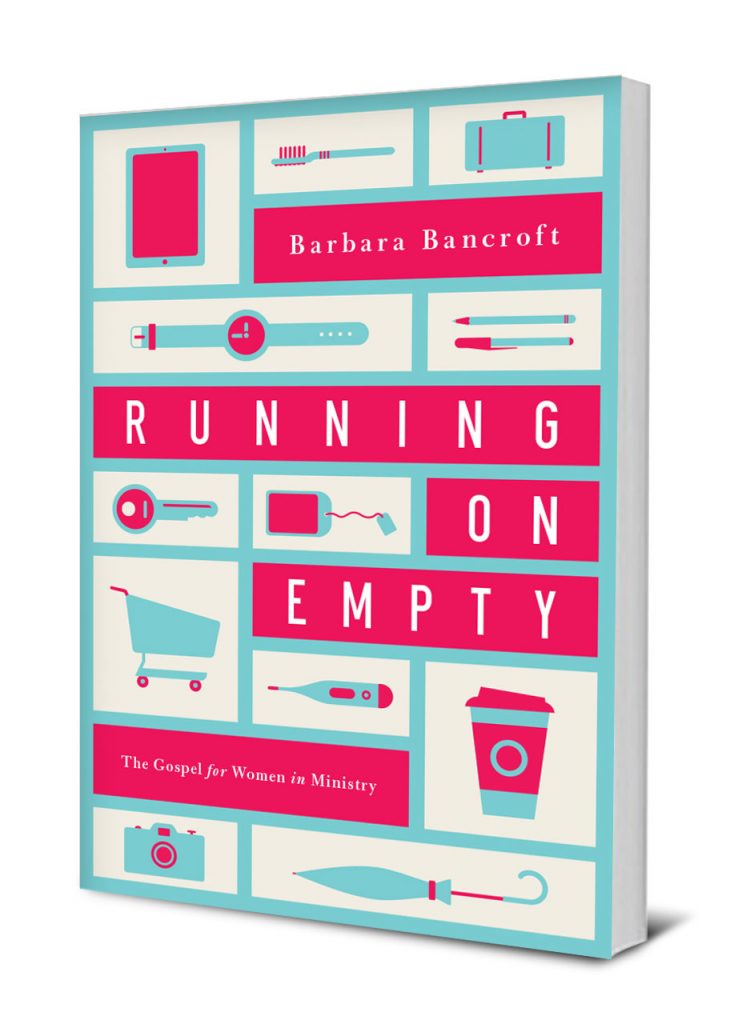I began ministry life as the wife of a church planter in the American South. My cultural influences and ministry models were wrapped up in being the godly, virtuous woman I had been taught was represented in Proverbs 31. My models for ministry were extroverted, competent, self-confident women who seemed to navigate the church world effortlessly. I saw the woman of Proverbs 31 as a competent doer, and the ministry models I knew seemed like competent doers as well. My misunderstanding of this passage and my lack of access to the real lives of these women colluded to ensure my failure as a shy, introverted young woman who lacked confidence and a firm grasp of the gospel. My inexperience and inability to see the power these stereotypes had over me meant that I was defined by them—and by my failure to fulfill them—for many years.
For women in ministry, it is easy to get tangled in Proverbs 31. We have been told that this woman should be the pattern for our lives. We are taught that women in ministry, whether single or married, are to be shining examples of virtue that other women can follow. Single women often feel at a disadvantage when the banner of Proverbs 31 is raised because the woman’s life described in the passage is organized around her family and household. Is true virtue unattainable for women who are single? Staff women in churches are often at a loss when they seek to apply its principles to their actual job responsibilities. Does the passage only speak to the home life of married women?
Regardless of our jobs and marital status, we all have to do some creative interpretation to make the passage fit our lives. Yet even in our confusion about Proverbs 31, we are still seduced by the idea that we can become the amazing superwoman described. Whether married or single, we are led to believe that we can become the women God wants us to be by working hard to follow the principles and examples laid out in this passage. Only when God puts us in a desperate place where those principles and examples become hollow and ineffectual are we open to our need for Christ—not as our helper, but as our remedy for present sin and need, even as believers and women in ministry.
Caving into Pressure
In 1991 I was in that place. After thirteen years of trying and failing to be what I thought a pastor’s wife should be, I knew I could not live up to the examples I had been given. Josiah had long given up trying to help me. I felt utterly alone. Even as I write these words I remember the deep pain of my failure and what it felt like to realize the foolishness of it. I was ready to hear what God had to say to me. I began to see the deep pride that had kept me from simply going to Jesus, feeling that I was somehow beyond his help. I began to see how my cries for help were more like a fist in God’s face, demanding that he help me attain my goals, rather than a humble heart’s request.
I saw that much of my failure and guilt was driven by my desire for a good reputation and my need to receive some credit for my good works. As you may have noticed, the story was centered on me: my successes and my failures. By unconsciously making the standard of my life the mythic ministry model I saw in Proverbs 31, I had become the center. No wonder I felt miserable and alone.
The list of my sins is not important. Our experiences and lists will vary. The point is that I started to see that my sin was much broader and deeper than I had imagined and that God had provided a remedy for my sin.
Giving Over Power
In the 1990 movie The Freshman, we are drawn into the story of a young man who though trying hard to do the right thing, cannot stop getting himself deeper and deeper into trouble. Toward the end of the movie he stands on a pier reflecting on the freedom of being completely screwed. He is utterly powerless to alter his situation. That is a perfect image of the moment when we see the enormity of our sin—when our sin is so huge and unmanageable that we have no hope of dealing with it. We are powerless to fix it. In that moment the cross becomes real to us; the cross makes sense. As long as sin is manageable and reasonable, we are stuck carrying it around, but when it can only be dealt with from outside of us, we can be free of it.
As long as we are in ministry, there will be stereotypes and roles that people expect us to fulfill. When we are confident of God’s welcome because of Christ’s work for us, we can be free from the power that people’s opinions have over us. We will have to engage their expectations at times, but that is different from living under their weight. We may not always have the approval of the people around us, but we have God’s approval because of the righteousness of his Son. As we are strengthened by these gospel realities, we will find ourselves better able to serve without the extra baggage of roles and stereotypes.
What Are Your Thoughts?
1. Often the particular ways our group measures spirituality are invisible to us. For example, some may criticize those who use drums in their worship; others may criticize those who wear a suit and tie. The idea that “our group is more spiritual because of the way we do things” has a deep impact on our ability to communicate with those from other Christian subcultures and especially non-Christians. How does your group measure spirituality? How do these rules of spirituality negatively affect you? How do they impact your ability to communicate the gospel to people outside your group?
2. Read Proverbs 31. List some of the traits described that have created guilt or pride in your life.
3. Make a list of the stereotypes that push you around.
4. Ask God to show you sins you have been managing instead of taking to Christ for forgiveness.
Excerpt adapted from Running on Empty: The Gospel for Women in Ministry ©2014 by Barbara Bancroft. May not be reproduced without prior written permission.
Running on empty: The gospel for women in ministry
Positive without being cliché, Running on Empty presents the realities of vocational ministry with humor and hope. Author Barbara Bancroft draws from her experience as a missionary woman and pastor’s wife to demonstrate how the gospel must be our message to ourselves as well as others.






